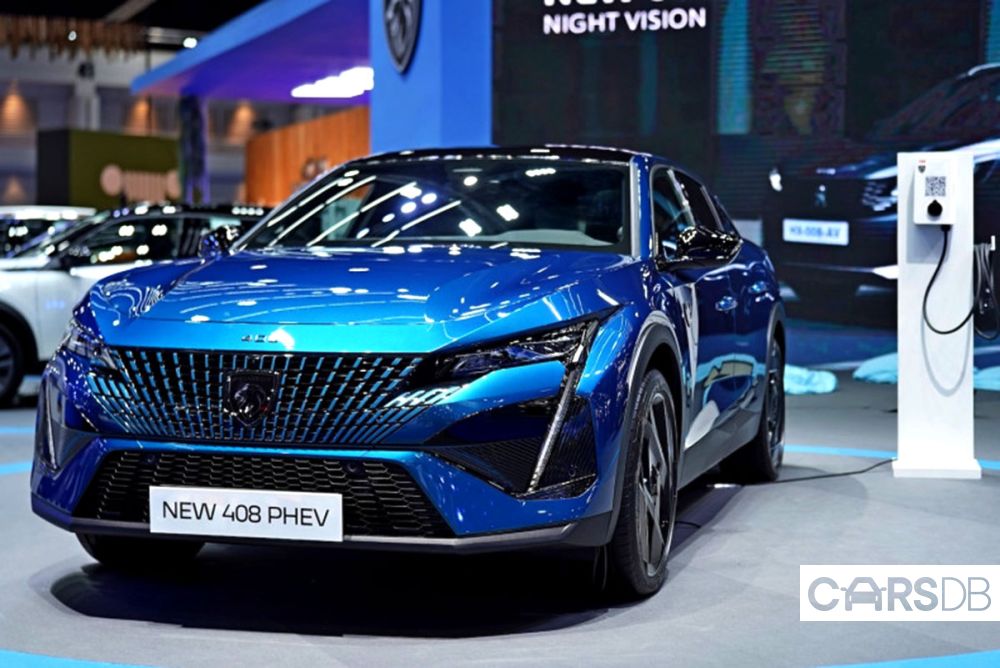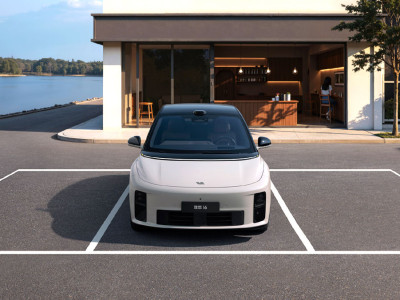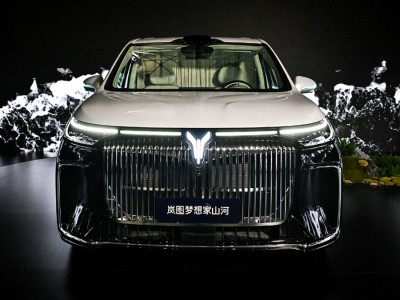Tax changes for plug-in hybrid EVs approved
- 1433 views

The Thai cabinet has approved tax changes expected to encourage purchases of plug-in hybrid electric vehicles (PHEVs), effective from Jan 1 next year.
The regulation revises tax conditions for PHEVs, making the following adjustments:
establishing a separate tax rate for PHEVs, distinct from hybrid EVs;
basing the tax calculation criteria solely on electric-powered driving range per charge; and eliminating fuel tank size as a factor in determining PHEV tax rates.
The third factor has hindered Thailand’s potential to become a manufacturing hub as requirements for fuel tanks are incompatible with international standards, Deputy Finance Minister Paopoom Rojanasakul said after Tuesday’s cabinet meeting.
The rule also adds unnecessary restrictions for consumers and discourages the adoption of PHEVs, he said.
PHEV passenger cars or vehicles with seating capacity of 10 or less, and an electric-powered driving range of 80 kilometres or more per charge, are taxed at 5%.
For similar PHEVs with range of less than 80km per charge, the levy is 10%.
The revised criteria align with global standards and will help promote Thailand as a manufacturing base for standardised PHEVs that meet both domestic and foreign consumer needs, Mr Paopoom said.
The regulation is expected to encourage investment in Thailand’s automotive sector, enhance competitiveness during the transition from internal combustion engines to next-generation vehicles, and support demand for PHEVs in urban areas and for intercity travel, he said.
Lower excise tax rates will be applied to PHEVs with a longer electric range.
“This is a good measure because people want to buy electric cars with a long driving range,” said Surapong Paisitpatanapong, vice-chairman of the Federation of Thai Industries and spokesman for its Automotive Industry Club.
Ref: Tax changes for plug-in hybrid EVs approved (bangkokpost)









